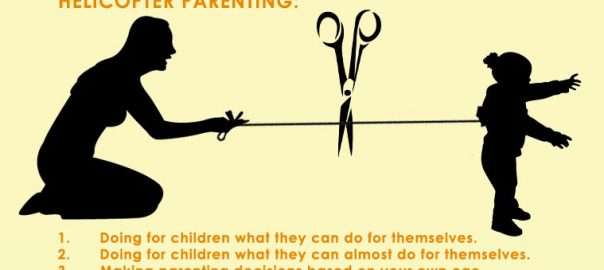
Q. My 9 yo son recently stole some money, told me he didn’t, and that his friends must have. Then he planted the money in his sister’s room to frame her before telling me to, “search my room”. I’ve no idea what to say or do. I asked him repeatedly. I left a pot out for the money to be put back anonymously, and then he hides it in his sister’s room.
A. This is a tough situation for all of you. I’m sure there are deeper issues besides the coverup of the money that have led to this situation and need to be addressed. I suspect that underneath the behavior (lying), which is always a signal to a deeper need, there are trust issues. Namely that your son doesn’t trust you because he has learned that you don’t trust him, and therefore he is doing what he can to get away with what he wants. Nothing wrong with a child trying to get what he wants. But when he becomes devious to do it, then there is a problem.








